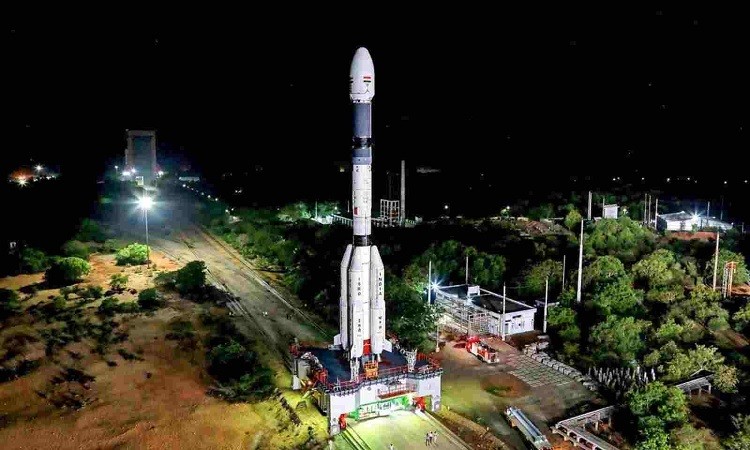
SRIHARIKOTA: On Monday AT 10.42 AM, the ISRO GSLV rocket carrying the navigation satellite NVS-01 launched from Sriharikota spaceport.With the satellite's launch, ISRO hopes to improve the reliability of the Navigation with Indian Constellation (NavIC) services.
Approximately 130 kilometres from Chennai, the space port's second launch pad saw the breathtaking liftoff of the 51.7-meter-tall rocket. It took off at the scheduled time of 10.42 am under clear skies. The launch of the second-generation navigation satellite series is regarded as a significant event that will guarantee the continuation of NavIC services, an Indian regional satellite navigation system that functions similarly to GPS and offers precise and real-time navigation throughout the nation and a 1,500 km radius around the continent.
According to ISRO, the NavIC signals are made to give users positional accuracy of more than 20 metres and temporal accuracy of more than 50 nanoseconds. The rocket is planned to deliver the 2,232 kg satellite into a geosynchronous transfer orbit (GTO) at a height of roughly 251 km almost 20 minutes after takeoff. L1, L5, and S band navigation payloads are carried by NVS-01.
An atomic clock made in-house out of rubidium would also be carried by the second-generation satellite. Prior to this, ISRO scientists had been using an imported atomic clock.
In particular with reference to civil aviation and military requirements, ISRO created the NavIC system to suit the positioning, navigation, and timing needs of the nation.
The Indian Regional Navigation Satellite System (IRNSS) was the previous name for NavIC, which has a constellation of seven satellites and a network of ground stations that are operational around-the-clock. It provides two services: Restricted Service for strategic users and Standard Position Service (SPS) for civilian customers.
Signals from the NavIC SPS can communicate with those from the US Global Positioning System (GPS), Glonass from Russia, Galileo from the European Union, and BeiDou from China. The GSLV with an indigenous cryogenic stage is flying for the sixth time on Monday. According to ISRO, NVS-01 should have a mission life of more than 12 years.
ISRO ready to launch a new generation of navigational satellites today